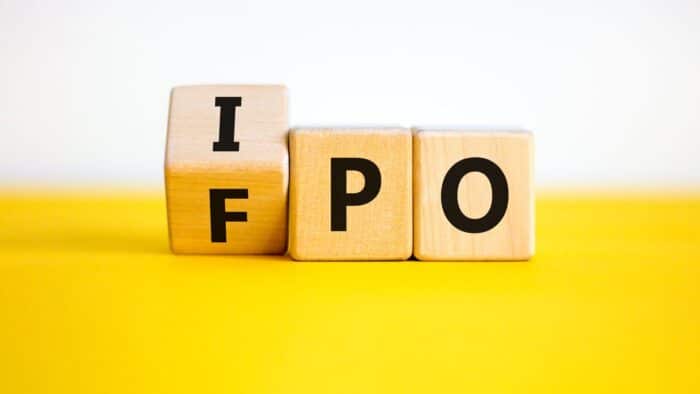Running a business requires funds. As compared to olden times, there are more areas entrepreneurs can explore, to raise funds, even at a higher scale. The rising number of IPOs have made it evident that it is one profitable and popular way to raise money for expansion, or maintaining cash flow or any other reason for which funds are needed.

While an IPO is fairly understood among people, another way of raising funds is the FPO, or Follow On Public Offer. Let’s understand the difference between these two concepts.
1. Concept
An IPO is the initial or first public offering, when a company is on the road to getting listed on the stock exchange and also publicly traded. It is an important source of getting money from the public, who in return are rewarded with shares of the company
An FPO starts after an IPO, where a publicly listed company publicly issues shares of a company to investors. It is done with an aim to diversify equity base. In a dilutive FPO, the value of the company remains the same, thereby reducing share price and consequently earnings per share too. In a non-dilutive FPO, the larger shareholders of the company like the board members, sell their shares privately in the market. Here, the number of shares available for the company increases.
2. Price

For an IPO, there is a price bank or a fixed price for share sale, decided between the banker and the company while the filing process is underway.
On the other hand, an FPOs share price is determined by various factors like the market, number of shares being reduced or increased etc.
3. Risk and value
The risk in an IPO is comparatively higher, as the individual investor does not know about what may happen with the company in future. Also, the value of an IPO is expensive.

An FPO is less risky, as investors here are aware that the company is already listed on the stock exchange. An FPOs value is cheaper as the company’s value keeps getting diluted.
Whether a company should opt for an IPO or later an FPO, depends on a number of decisions, like one’s goals or risks involved and returns expected. A long-term investor, agreeing to take risks can opt for an IPO, whereas an FPO is safer for individual and new investors
















